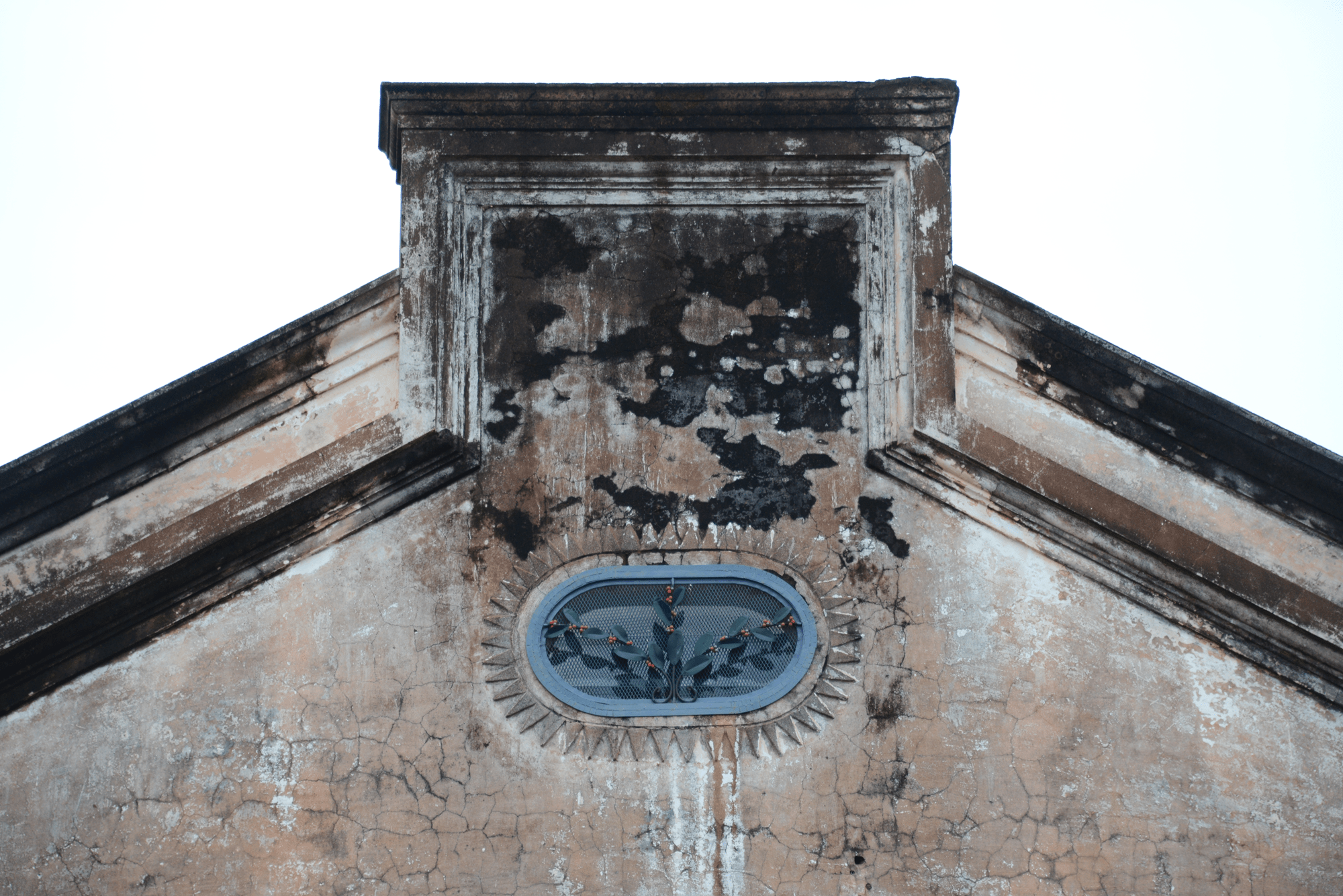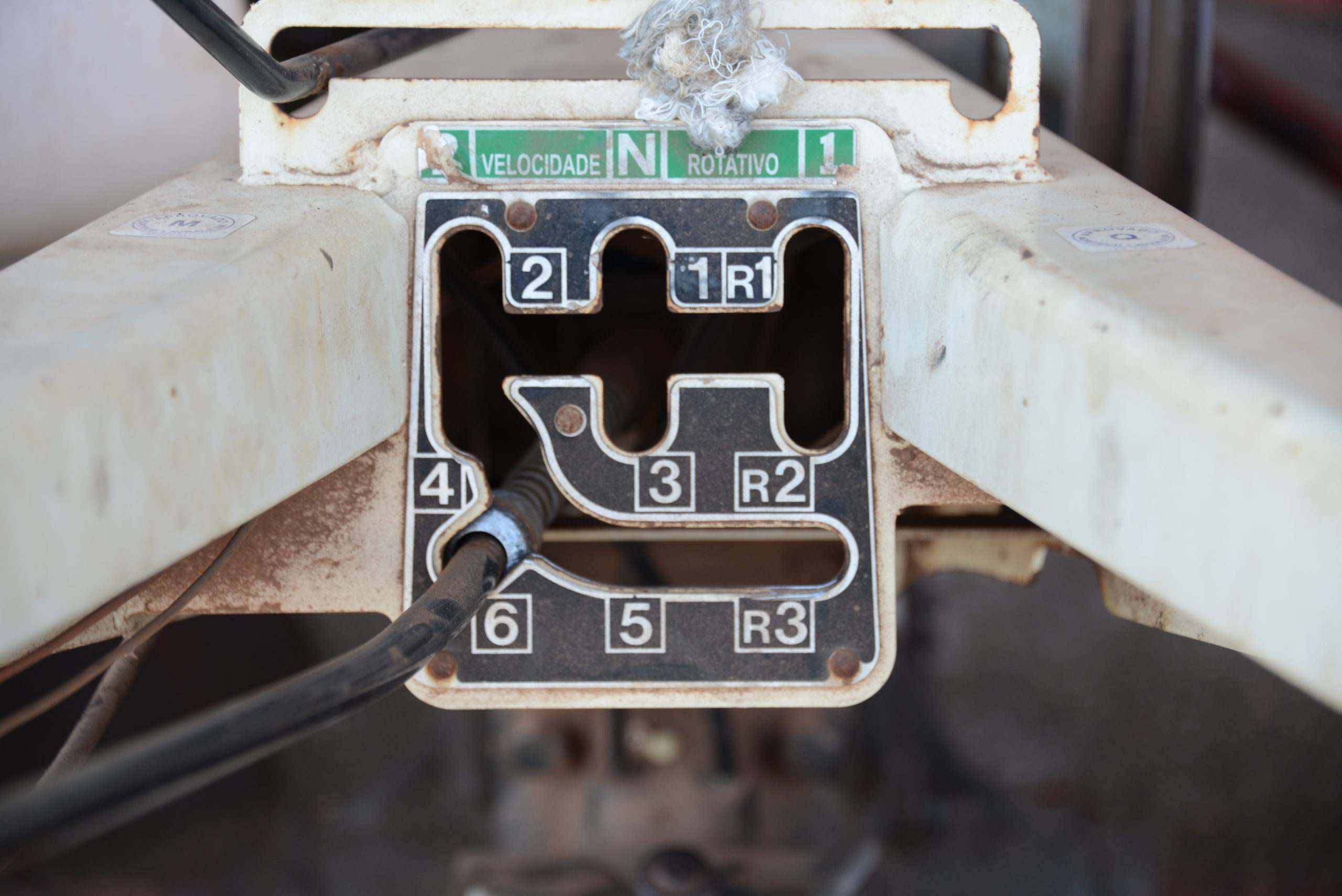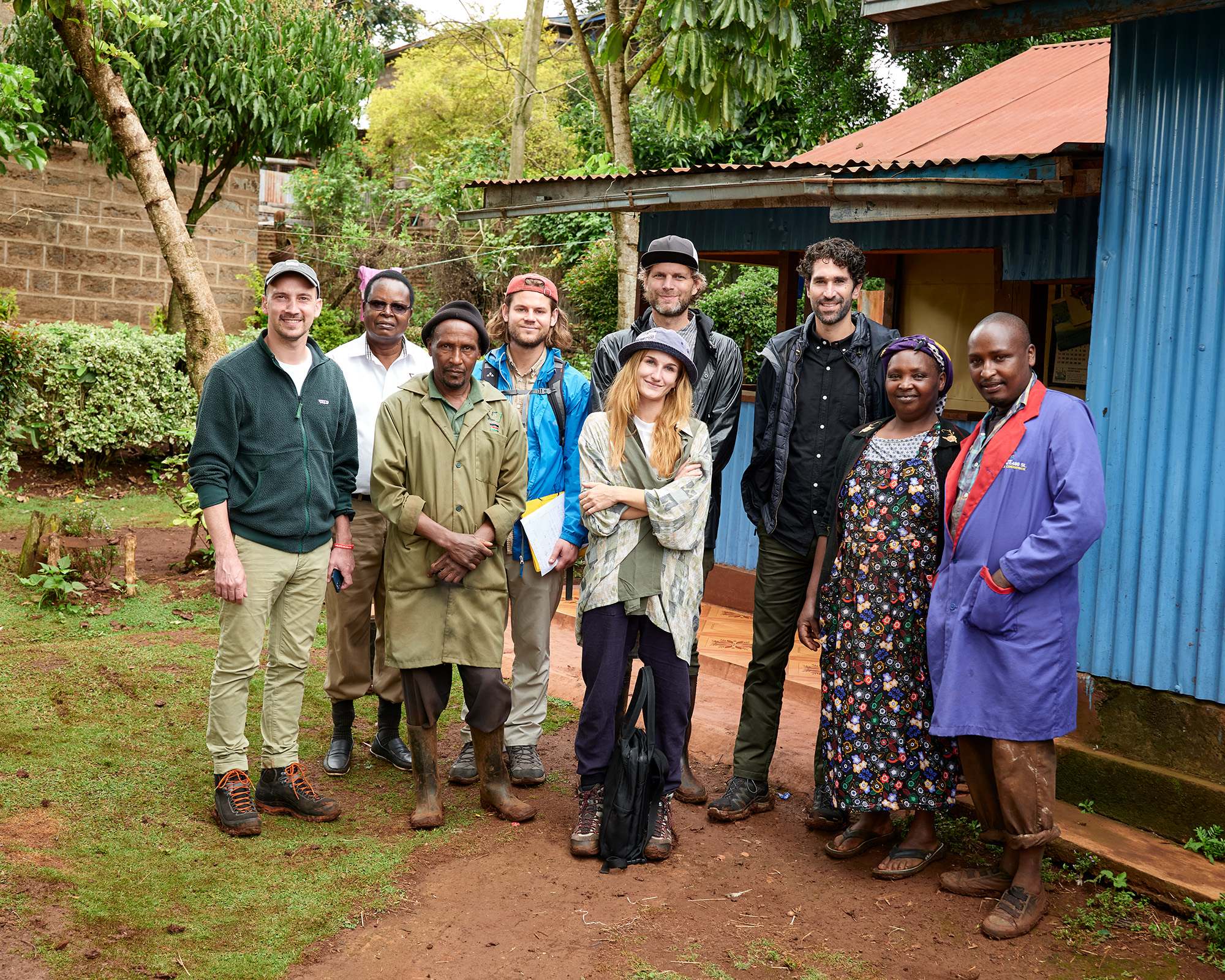From my perspective, there are two key challenges in the coffee industry today: The ecological impact of cultivation and the social conditions in the growing areas. The latter is the subject of this article. It is not so much about the difficult conditions in growing countries such as Honduras, where migration means that hardly any people can devote themselves to coffee growing. Instead, I briefly explain my thoughts on colonialism and how it impacts conditions today or how we deal with the inequalities created and fostered by colonialism. The historical dimension has been described much more comprehensively elsewhere. I am concerned with the consequences for our everyday actions as a company, particularly in purchasing coffee.
Within this topic, I see three aspects that we need to illuminate:
- Coffee distribution
- Displacement and historical cultivation
- Effects today

1. Coffee distribution


2. Displacement and historical cultivation
I illustrate this aspect with two examples: A few weeks ago, we traveled to Brazil to review and optimize our value chain. We spoke with some farmers already, the seventh or eighth generation of coffee growers. I wanted to understand better who lived on this land before Europeans built large farms. To my surprise, hardly anyone knew anything about this topic. I was referred to a museum in the next town. This clearly shows how coffee was also part of this displacement mechanism, part of a heroic frontier saga that, at best, ignored or even actively negated the people who animated this land for a long time. The second example comes from a conversation with a coffee farmer. We chatted about production costs and the economic challenges of a modern coffee farm. Casually and as a matter of course, he suddenly talked about how an enslaved person could manage around 12,000 trees and that this is no longer possible today, despite technology. This striking example clearly shows that this colonial, imperialist mindset has not yet been fully overcome. This finally leads us to the present.
3. Effects today
I note that there are still substantial imbalances in the current production and trade system. Although information asymmetries have evened out somewhat thanks to new technologies, money and power often accumulate along historical fault lines. Contrary to widespread opinion, which accuses trading houses and large corporations of ill will or even criminal intent, the problem seems to be relatively general ignorance and unwillingness to pay the costs of change. This affects both companies and consumers.
A not-so-obvious example: Companies and regulators in “developed” countries tend to define ever stricter requirements. Public pressure is leading to more complex laws, checklists and audits. This causes enormous adjustment costs in the growing countries. Smaller farms are thus further marginalized, while large farms, ironically often with colonial histories, are once again at an advantage.

How do we deal with these challenges?
Our sourcing philosophy is based on empathy, the skillful use of available resources and relentless honesty. We have defined seven criteria for this, three of which are particularly relevant and briefly explained here.
- Win-Win-Win: With every purchase, all parties involved should benefit from the cooperation. The financial aspect is obvious. When negotiating prices with farmers, we invite them to quote us a price that covers all operational and investment costs and allows us to make a profit. In addition to the financial dimension, it is also about asking the farmers how they want to grow coffee so that one day they can proudly hand over their farm to the next generation. This creative leeway seems elementary to us to prevent a “top-down” process.
- This is only possible with personal relationships: Whenever possible, we want to know our partners personally and build meaningful relationships. This is especially true for partners who are (historically) marginalized. We can only define a common development plan and build the trust needed to implement it only when we know people. Increasingly, we are also looking for “culture/knowledge translators” who can help us understand our academic sustainability knowledge and engage in meaningful dialogue. While this is obvious in countries like Ethiopia, such individuals are also imperative in highly developed agricultural states like Brazil.
- Control criterion: Test efficiency: Here, we use an economic model. We want to prevent any negative externalities (no netting). Only when all the costs of our trade are priced in can we speak of an efficient allocation of resources? The effects on biodiversity are just as important as the well-being of people in this specific value chain. On this point, we need to check, among other things, how high the wages of temporary employees are. In addition, we support various projects with the ViFOUNDATION, which are intended to help accelerate change – because we hardly have any time left.
Pascal Herzog is a member of the Executive Board of ViCAFE and is responsible for Impact and Sustainability, among other things. This blog post was written following a meeting of the Zurich City Council and members of the city administration. We had the opportunity to explain to them our sourcing philosophy, especially concerning colonialism.
